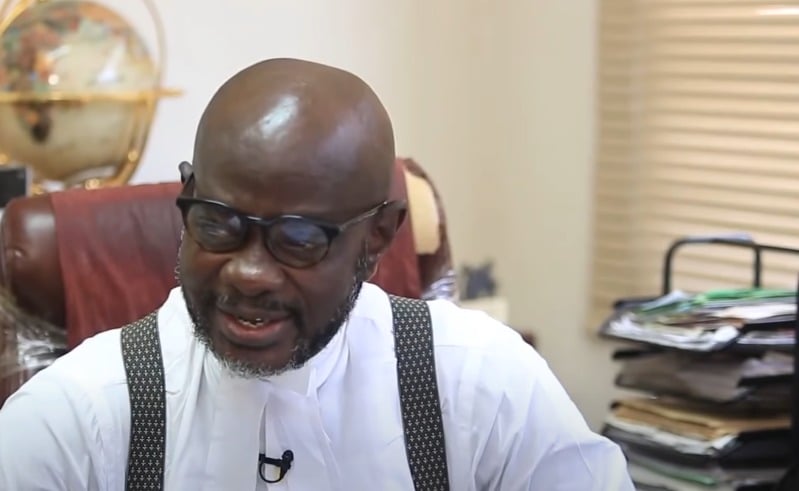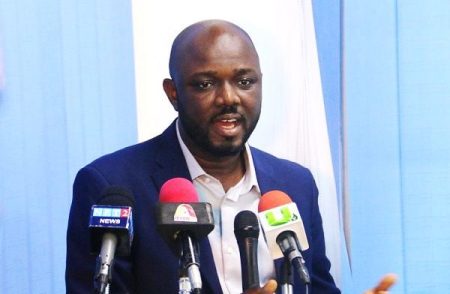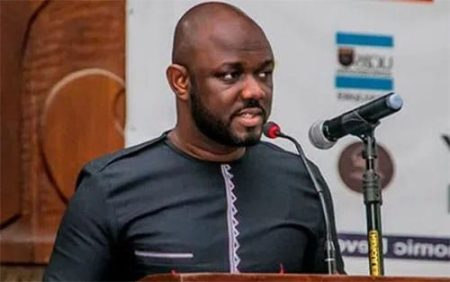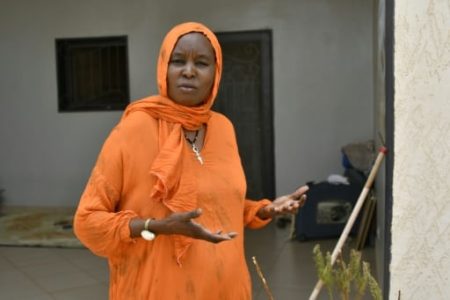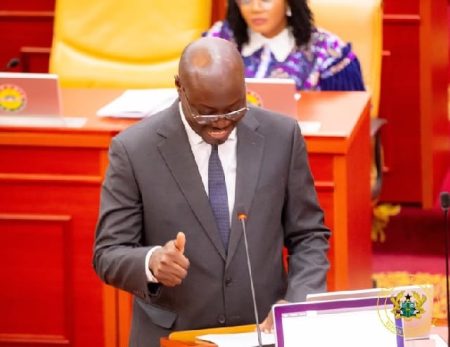The ongoing investigation into former Finance Minister Ken Ofori-Atta by the Office of the Special Prosecutor (OSP) has taken a contentious turn, marked by accusations of unfair treatment from Ofori-Atta’s legal team. The central issue revolves around Ofori-Atta’s non-appearance for an in-person interview scheduled for June 2nd, which he attributed to medical reasons, requesting a virtual meeting instead. This request has been met with resistance from the OSP, which had previously warned of potential placement on Interpol’s Red Notice list for non-compliance. The ensuing back-and-forth between the two parties raises critical questions about balancing legal procedures with the health considerations of individuals under investigation.
Frank Davies, a member of Ofori-Atta’s legal representation, has vehemently defended his client’s position, emphasizing the legitimacy of the request for a virtual appearance. He points to Ofori-Atta’s well-documented and longstanding health challenges, which predate his departure from government, requiring extended medical treatment abroad. Davies argues that the former minister’s current health status necessitates a reconsideration of the in-person requirement, prioritizing his well-being while still adhering to the spirit of cooperation with the investigation. He questions the OSP’s insistence on physical presence, highlighting the prevalence and acceptance of virtual communication in contemporary society, supported by legislation such as the Electronic Transactions Act. Davies draws parallels to everyday interactions conducted virtually, questioning the OSP’s rigid stance in this particular instance.
Davies further dismisses any suggestion that Ofori-Atta is attempting to evade justice. He underscores his client’s consistent cooperation with the OSP throughout the investigation, emphasizing that the request for a virtual appearance is not a tactic to obstruct the legal process but rather a necessary accommodation for his health. He argues that allowing Ofori-Atta to participate virtually would not compromise the integrity of the investigation, while ensuring his well-being and adherence to medical advice. This raises the broader question of how investigative bodies should adapt their procedures to accommodate the legitimate health concerns of individuals under scrutiny, without compromising the effectiveness of their investigations.
The OSP’s stance, while not yet formally articulated in response to the specific request, appears to prioritize strict adherence to procedural requirements. The earlier warning regarding the potential issuance of an Interpol Red Notice underscores the seriousness with which they view non-compliance with their summons. This highlights the inherent tension between procedural rigidity and the need for flexibility in the face of extenuating circumstances, particularly those related to health. The case raises important considerations for legal systems worldwide, grappling with the increasing need to adapt traditional procedures to the realities of a rapidly changing technological and social landscape.
This situation draws attention to the complexities inherent in conducting high-profile investigations, particularly when they involve individuals with significant health concerns. The balance between upholding the principles of due process and ensuring the well-being of those under investigation is delicate. The OSP’s insistence on in-person attendance arguably reflects a traditional approach to legal proceedings, while Ofori-Atta’s request for a virtual appearance highlights the increasing acceptance and feasibility of remote communication in legal contexts. This case serves as a microcosm of the broader debate within legal systems about modernizing procedures to accommodate technological advancements and individual circumstances.
Ultimately, the resolution of this dispute will set a precedent for future cases involving similar circumstances. The decision will likely influence how investigative bodies navigate the intersection of procedural compliance and the health needs of individuals under investigation. It also underscores the need for clear guidelines and protocols that address such situations, ensuring both the integrity of the legal process and the protection of individual rights. The outcome will be closely watched by legal experts and stakeholders, as it has the potential to reshape how investigations are conducted in the digital age, particularly in cases involving health-related considerations.





